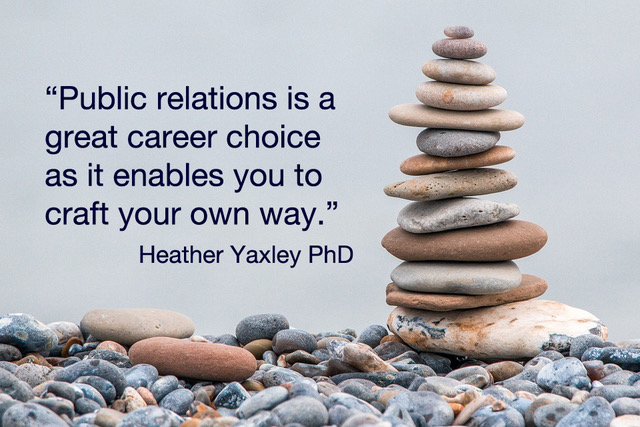Understanding the common causes of career-related stress

About the author
Heather is a key member of our assessor team. PhD, BSc, PG, RSA, CAM

This Ask Dr Heather Yaxley feature looks at some common causes of career related stress.
Q. I’m feeling stressed because my career is not going anywhere. My last review was great but I’m not being considered for other opportunities. What am I doing wrong?
A. There could be several reasons why your career has plateaued despite performing well. Sometimes people aren’t encouraged to advance their careers because they are valued in their current role. This is what Richard Jolly calls the Paradox of Indispensability. Now is the time to focus on demonstrating that you’ve got what it takes for the next move. Find out what skills and knowledge you need and start reading or look to get qualified. It can also be helpful to identify someone who could move into your role and delegate to them when you’re busy or out of the office.
Q. My partner and I have busy comms jobs – have you got any advice on avoiding domestic stress?
A. Managing dual careers requires good organisational and communication skills. It is important to plan time away from work individually and as a couple. Develop routines and get help where you can at home to avoid stress around the laundry or cleaning. Dual careers are unlikely to develop in parallel, and one may influence the progress of the other. Be clear about what you both want from your work – whether that’s linear progression, developing expertise, money, entrepreneurship, travel, recognition or something else. Be supportive of each other’s careers – see these as shared careers – and talk about how they are going on a regular basis.
Q. I’m about to graduate in PR and all my friends are starting their careers in London. I want to stay closer to my family but am stressed that I won’t be able to develop a career here.
A. Public relations is a great career choice as it enables you to craft your own way. There are PR agencies in most cities and towns and most organisations of any size will employ people in-house to manage their PR, marketing and/or internal communications. Then there is the chance to set up as a freelance practitioner, perhaps working with other small businesses or supporting in-house/agency teams. Make contacts with those working locally and find someone able to act as a mentor for you. Both CIPR and PRCA have regional groups that organise events where you can network with fellow PR practitioners. Good luck.
Q. I hate working in PR. I thought it would be exciting but it is just long hours, doing boring repetitive stuff with people I can’t stand. The pressure to be like everyone else is getting to me. I’m anxious and just want to quit. Will that harm my career?
A. If work is making you ill, regardless of the cause, then you need to get help. Talk with your boss or HR function if you feel able. Make an appointment with your doctor or talk with family and friends. If you can’t schedule a holiday then use a weekend to make a plan rather than just walking out of your job. A change of environment may be what you need, but jumping from one job to another may not be the best idea. If you do decide to make a move, then be clear about the type of work you enjoy and learn from the current bad experience. PR isn’t for everyone, but it does help develop transferable skills that will help in other roles. This link offers some useful advice on coping with stress in the workplace.